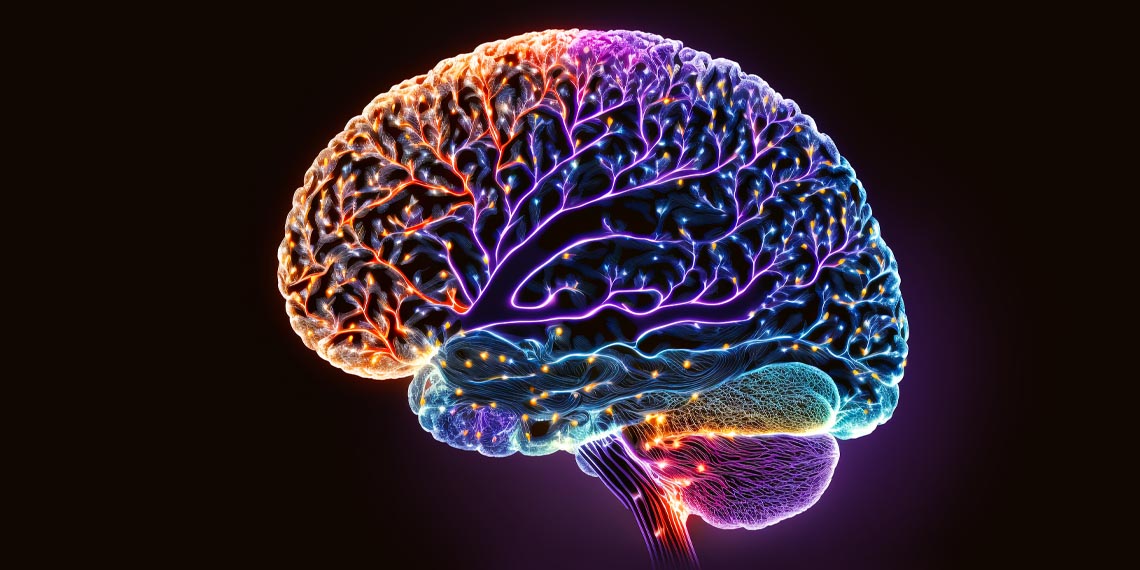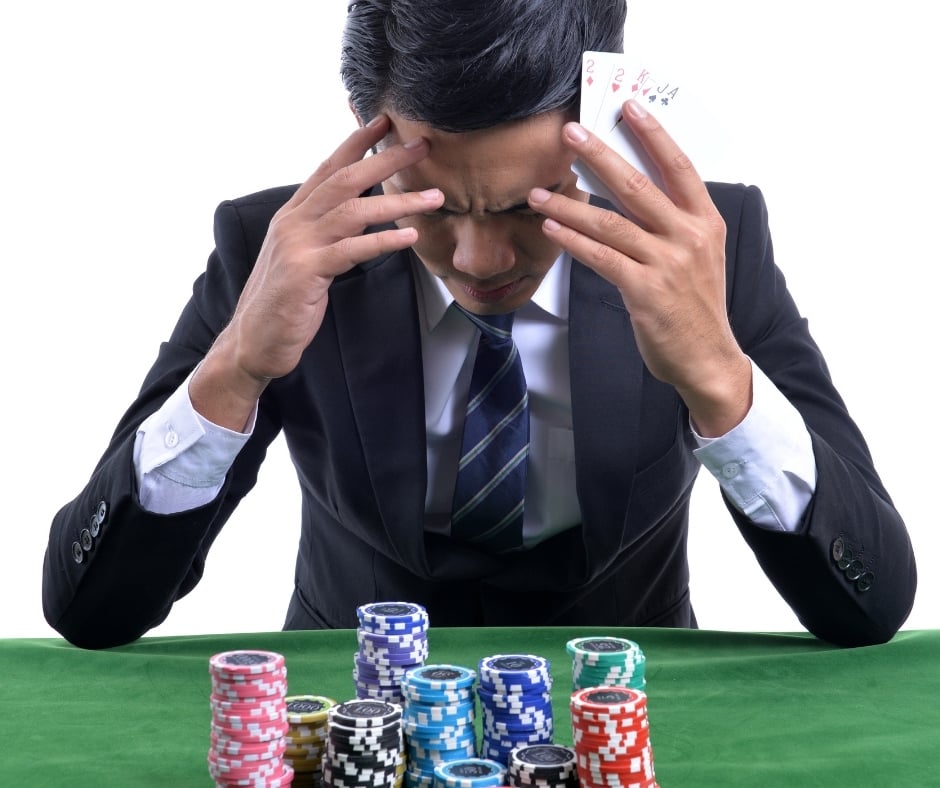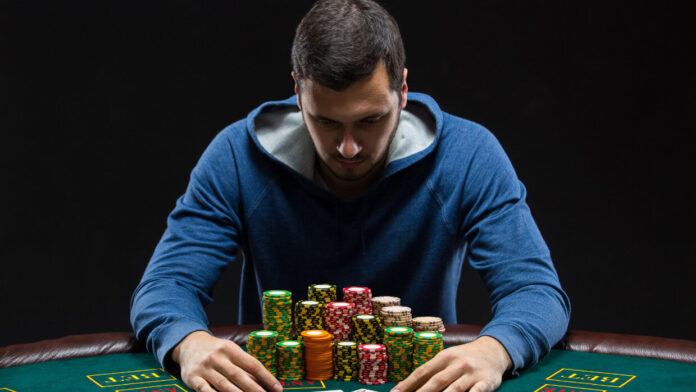Gambling is an activity that has been around for centuries and it continues to captivate the minds of many. But what happens in our brains when we place a bet? In this article, we will uncover the mysteries behind the gambler’s mind by exploring its inner workings.
Well, dive into how gambling affects our thoughts and behaviors as well as delve into the science behind decision-making while gambling. By understanding these elements, readers can gain insight into why people gamble and how they can better manage their betting habits.
So let’s take a look at The Gambler Mind: Unveiling What Happens in Our Brains When We Bet!
The Neuroscience of Gambling: Understanding the Brain’s Role in Betting
Gambling has been around for centuries, but only recently have scientists begun to uncover the neuroscience of why people take risks and engage in behaviors that can often lead to negative outcomes. The Gambler Mind: Unveiling What Happens in Our Brains When We Bet seeks to explore what happens inside our brains when we make decisions involving gambling.
By using sophisticated imaging techniques such as functional magnetic resonance imaging (fMRI), researchers are discovering how various regions of the brain interact with one another during betting scenarios. The Neuroscience of Gambling: Understanding the Brain’s Role in Betting examines how certain areas of the brain become activated when individuals gamble and look at ways these processes could be altered or manipulated.
For instance, some research suggests that dopamine-producing neurons may play a role in risk-taking behavior by influencing our ability to weigh potential rewards against possible losses. Additionally, it is becoming increasingly clear that emotional processing plays a crucial role in decision-making when it comes to gambling – both positive emotions like excitement and anticipation, as well as negative ones like fear and anxiety – can all influence whether an individual makes a risky bet or not.
Finally, this article will also look into how cognitive control abilities may impact decision-making during gambling activities; if someone lacks sufficient impulse control mechanisms they may be more likely to fall victim to poor choices while participating in betting activities
Examining the Psychology of Risk-Taking: What Drives Us to Gamble?

When it comes to gambling, we often ask ourselves why we make certain decisions – and why some people take more risks than others. From a psychological perspective, understanding the motivations behind our risk-taking behavior can be complex.
While many external influences drive us to gamble, in this article, we will explore what happens in our brains when we bet and how these processes shape our decision-making. We will uncover what type of emotions play a role in determining whether or not someone is willing to take a chance on something with potentially high stakes.
Finally, this article will address how different brain regions interact during risky situations as well as what strategies can help mitigate risk when gambling responsibly.
How Our Brains React to Winning and Losing: Uncovering Our Emotional Responses to Gambling
Gambling is an activity that stirs up a range of emotions, from excitement to anxiety. But what happens in our brains when we bet? How do gambling wins and losses affect us emotionally? To better understand the impact of gambling on our minds, it’s important to consider how our brains react to winning and losing.
When it comes to winning or losing at gambling, there are typically two distinct reactions: elation over a win or frustration at a loss. While these feelings may be fleeting for some people, they can have more serious impacts on those who become addicted.
Studies indicate that the pleasure-seeking parts of the brain are activated during both successful bets and unsuccessful ones – albeit at different levels – meaning that even though gamblers might experience disappointment after losses, their bodies still crave another round as if hoping for something positive out of it.
The emotional rollercoaster associated with gambling also has psychological implications beyond just feeling good or bad about wins and losses; research suggests that excessive betting can lead to heightened levels of stress hormones like cortisol in certain individuals which could ultimately cause them physical harm over time.
Additionally, while most people enter into gambling activities expecting rewards such as money or prizes in return for their efforts, repeated failure has been found to decrease motivation among players by making them feel disheartened about further attempts at success.
To summarize: when it comes down to winning and losing while playing games of chance like poker or blackjack, humans tend to experience strong emotional responses depending on whether they succeed or fail — ranging from joyous exaltation following victories through intense disappointment resulting from defeat — with those who become overly invested being particularly vulnerable both psychologically and physiologically speaking due potential increases in stress hormone production caused by prolonged exposure negative outcomes
Analyzing Behavioral Patterns of Gamblers: Identifying Signs and Symptoms of Problematic Play

When it comes to analyzing behavioral patterns of gamblers, identifying signs and symptoms of problematic play is a critical part of helping those suffering from gambling addiction. To understand this phenomenon better, we must take a look at what happens inside the gambler’s mind when they bet.
Research has shown that when making decisions about betting behavior, areas inside the brain that are associated with reward processing become highly active. This indicates that for problem gamblers these activities can become addictive as their brains are wired to seek out rewards associated with gambling.
Other studies have revealed further insight into how problem gambling affects behavior by looking at changes in decision-making processes over time. Gamblers typically display an increase in risk-taking and impulsivity as well as difficulties in controlling impulses – all hallmarks of problematic play which can contribute to addiction if not managed properly.
Additionally, research suggests there is an association between risky betting behaviors and cognitive distortions such as overestimating one’s chances of winning or denying losses after unsuccessful bets – both signs pointing towards potential compulsive gaming activity needing attention. Understanding the complex inner workings of a gambler’s mind is paramount for addressing problems related to excessive gambling and aiding those struggling with addictive tendencies related to gambling activity.
Only by recognizing warning signs early on can we help prevent relapse and reduce the devastating effects long-term irresponsible gaming can have on individuals, families, and even entire communities around them
Conclusion
After studying the gambler’s mind, it is evident that risk-taking and decision-making play a major role in our brains when we bet. Our brains are constantly looking for ways to maximize our chances of winning, even if that means taking risks.
The thrill of the unknown is what makes gambling so attractive and exciting to us humans. Although there can be risks associated with betting, when done responsibly it can still be an enjoyable experience.
If you’re looking for an online casino platform that offers a safe and secure environment for your bets then King Johnnie Casino (https://www.kingjohnnie.live/en/) could be just what you need. They offer all kinds of games from slots to table games as well as plenty of bonuses and promotions which make playing at their site even more rewarding!




